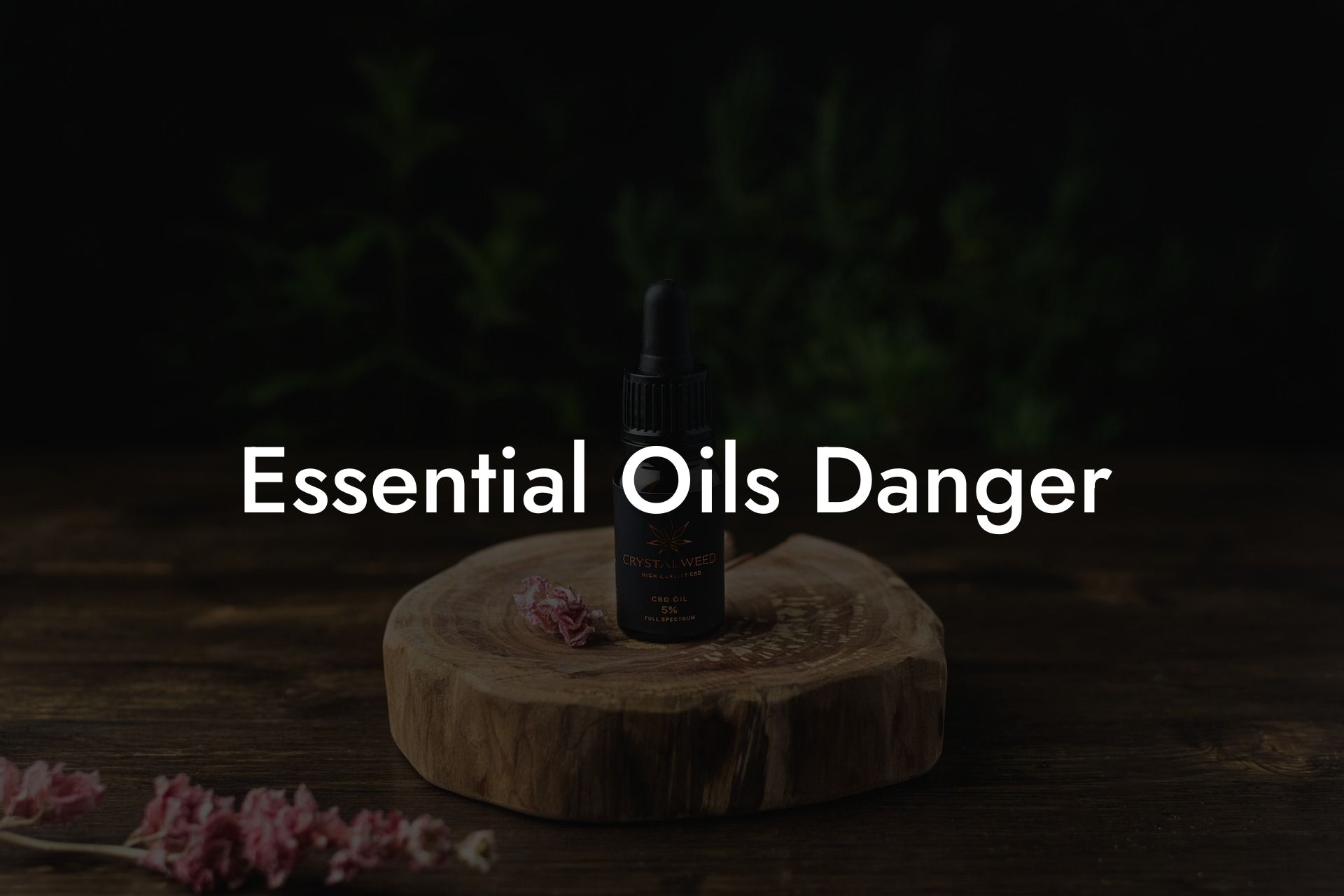Are you curious about the potential dangers of essential oils? While these natural extracts offer numerous benefits, it’s crucial to understand and respect the possible risks associated with their use. In this comprehensive guide, we delve into the potential hazards of essential oils, how to avoid them, and what to do if you encounter any issues.
Table of Contents
Why Essential Oils Can Be Dangerous
Essential oils are highly concentrated plant extracts, making them potent and effective. However, this concentration also means that they can cause adverse reactions if not used appropriately. Here are some reasons why essential oils can pose risks:
- Some oils are toxic or irritating to the skin, respiratory system, or internal organs.
- Allergic reactions can occur even with natural products.
- Phototoxicity is a risk when some oils react with sunlight to cause skin irritation.
- Erroneous usage, such as ingesting oils or applying them undiluted, may lead to complications.
- Interactions with medications and pre-existing medical conditions may cause adverse effects.
How to Use Essential Oils Safely
To minimize the potential dangers of essential oils, follow these guidelines:
- Choose high-quality oils: Purchase your essential oils from reputable suppliers like Oshu Oils, who conduct thorough testing to ensure the purity and safety of their products.
- Proper dilution: Dilute essential oils with a carrier oil, such as coconut or jojoba oil, before applying them to your skin. A general rule of thumb is a 2% dilution for adults, which equals 12 drops of essential oil per ounce of carrier oil.
- Patch test: Before using an essential oil on a larger scale, conduct a patch test on a small area of skin to check for any allergic reactions.
- Follow usage guidelines: Always adhere to the recommended usage guidelines for each essential oil, including methods of application and dosage.
- Consult a professional: If you’re new to using essential oils or have a pre-existing medical condition, consult a qualified aromatherapist or healthcare professional for guidance.
- Store and handle with care: Keep essential oils away from children and pets, and store them in a cool, dark place to maintain their quality and prevent accidents.
Essential Oils Danger Example:
Imagine that you’re new to essential oils and decide to try lavender oil for its calming effects. Instead of properly diluting the oil and conducting a patch test, you apply it undiluted directly to your skin. To your surprise, you develop a rash and experience itching and burning sensations. This could have been avoided if you had followed safe practices for essential oil usage.
Now that you’re aware of the potential dangers associated with essential oils, as well as the precautions to take for safe usage, you’ll be able to harness their benefits without fear. Share this essential guide with your friends, family, and fellow essential oil enthusiasts to help spread awareness about responsible use. If you’re eager to learn more about aromacology and optimize your well-being, explore Oshu Oils’ other informative guides and discover our exclusive range of carefully crafted essential oils.





















